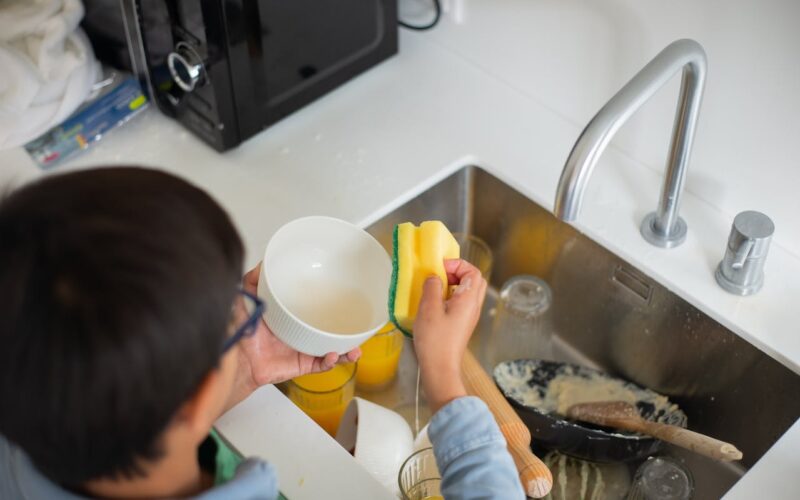It’s easy to rinse something down the sink and assume it’s gone for good. But the truth is, many everyday substances don’t just disappear; they stick around, clogging pipes or polluting water systems. From grease to medications, the things we send down our drains can cause plumbing disasters and environmental damage. These 10 items are commonly washed away without a second thought, but doing so could cost you big time, or even break the law. Here’s what to never pour down your drain.
1. Grease and Cooking Oil
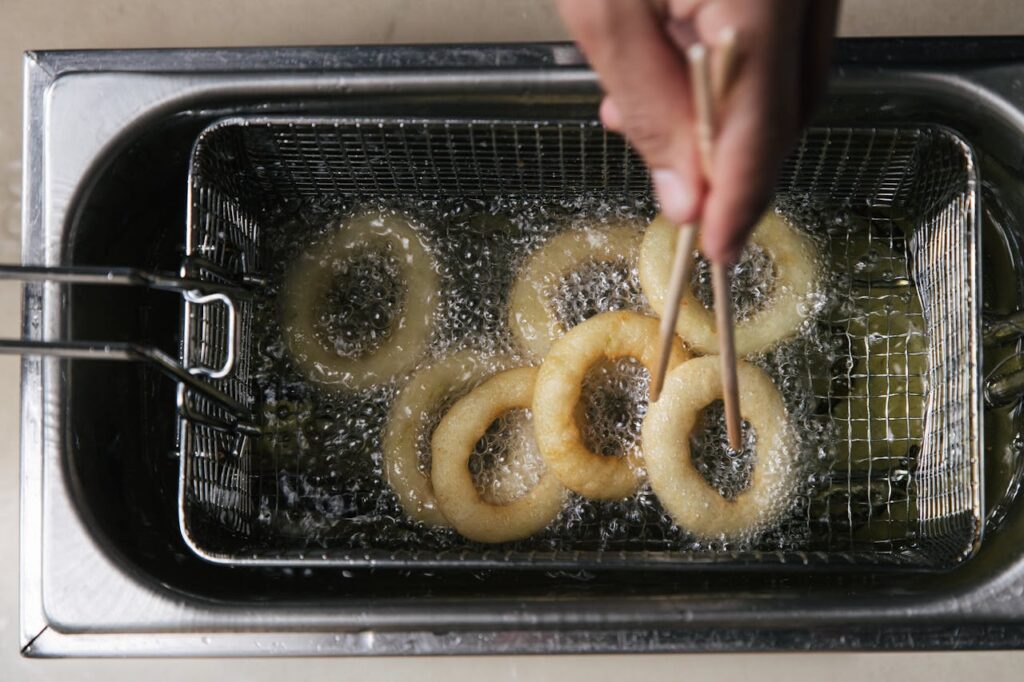
Hot grease may seem harmless going down the drain, but it cools and solidifies fast. Over time, it lines your pipes like glue and traps other debris, eventually forming giant, greasy clogs that are difficult and expensive to remove. Even small amounts add up quickly. Instead of pouring grease or oil down the sink, collect it in a disposable container and toss it in the trash. Some cities also offer recycling programs for used cooking oil, worth checking into.
2. Coffee Grounds
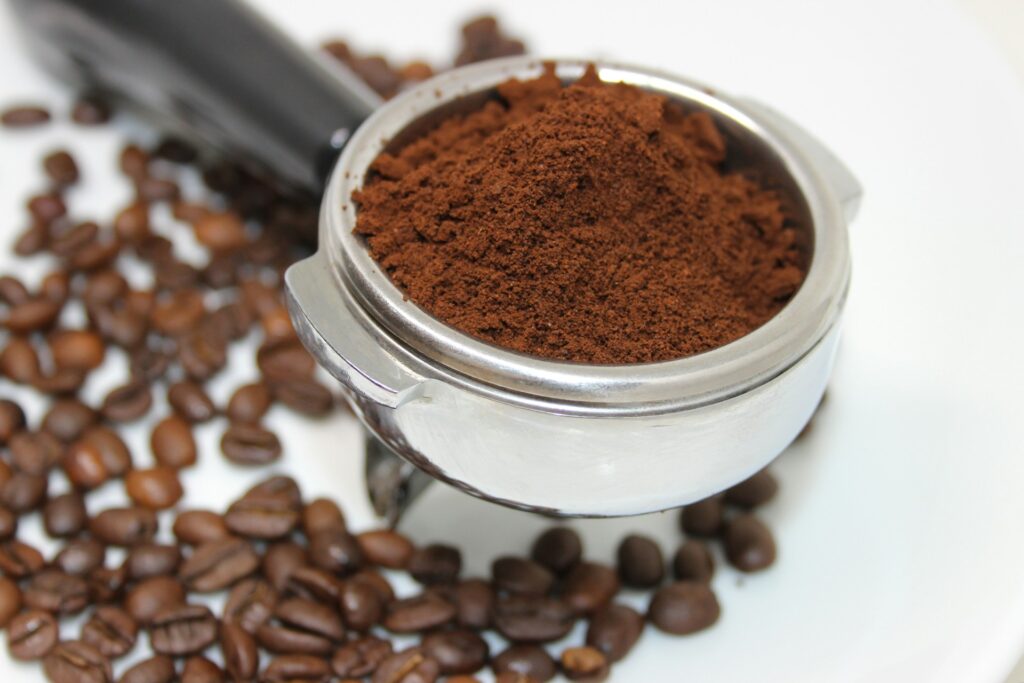
They might feel soft and harmless, but coffee grounds don’t dissolve in water. Instead, they clump together inside your pipes, especially when mixed with soap or grease. That creates a gritty, sludgy buildup that can slow drainage and eventually cause a complete blockage. Rather than rinsing them away, dump used grounds into the trash or compost bin. Bonus: they make excellent fertilizer and odor neutralizers for gardens and garbage cans.
3. Paint and Solvents
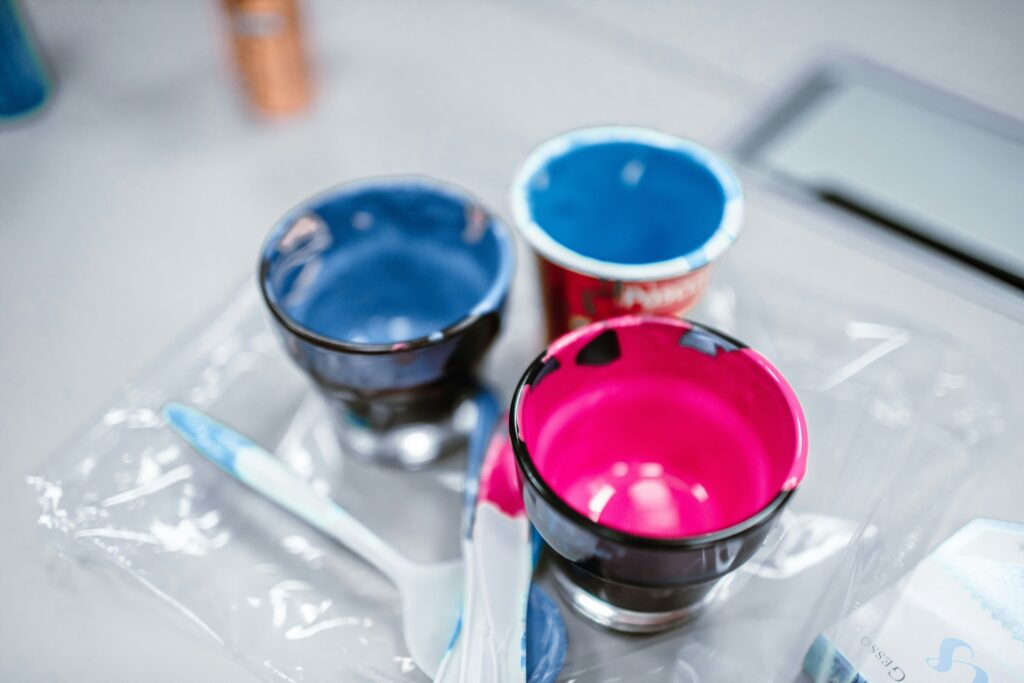
Latex paints, turpentine, and other solvents contain chemicals that damage both pipes and the environment. When rinsed down the drain, they can corrode plumbing and interfere with water treatment systems. Worse, some toxins may pass through filters and enter local waterways, harming wildlife and polluting drinking water. Never pour paint or chemicals into the sink. Use hazardous waste drop-off sites or community recycling events to safely dispose of these harmful products.
4. Medication
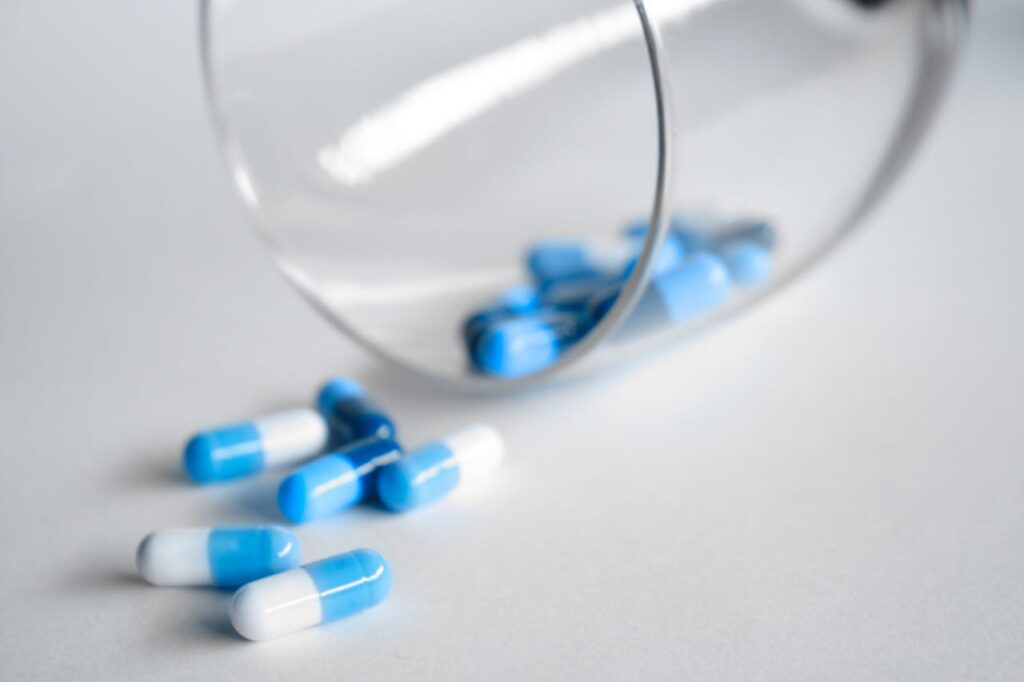
Many people flush pills or pour old cough syrup down the drain, thinking it’s safe. But pharmaceuticals can contaminate groundwater and disrupt ecosystems. They’re not fully removed by water treatment facilities and may harm fish or enter our drinking water in trace amounts. Instead, drop off unused medications at a local pharmacy or collection site. If unavailable, mix them with coffee grounds or kitty litter before sealing them in a plastic bag and tossing in the trash.
5. Flour and Dough
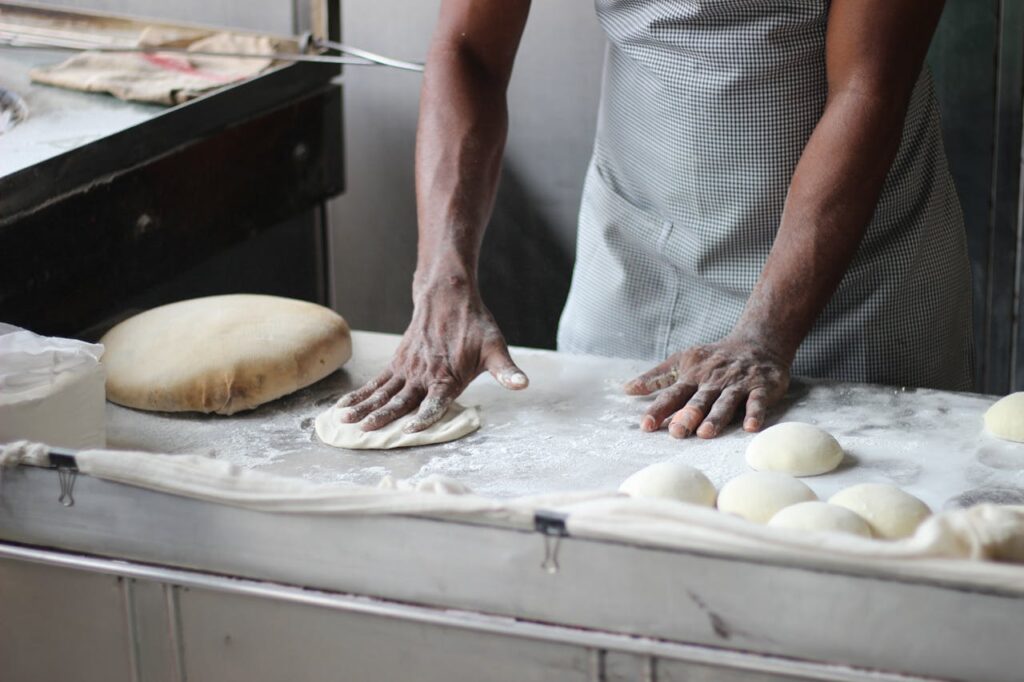
It might seem like a good idea to rinse out your mixing bowl, but flour and dough are disastrous in drains. When wet, they become sticky and expand, turning into a thick paste that clings to pipe walls and traps other debris. This can lead to clogs that are hard to detect until your sink backs up. To avoid problems, scrape any leftover flour or dough into the trash, and wipe down bowls with a paper towel before rinsing.
6. Produce Stickers
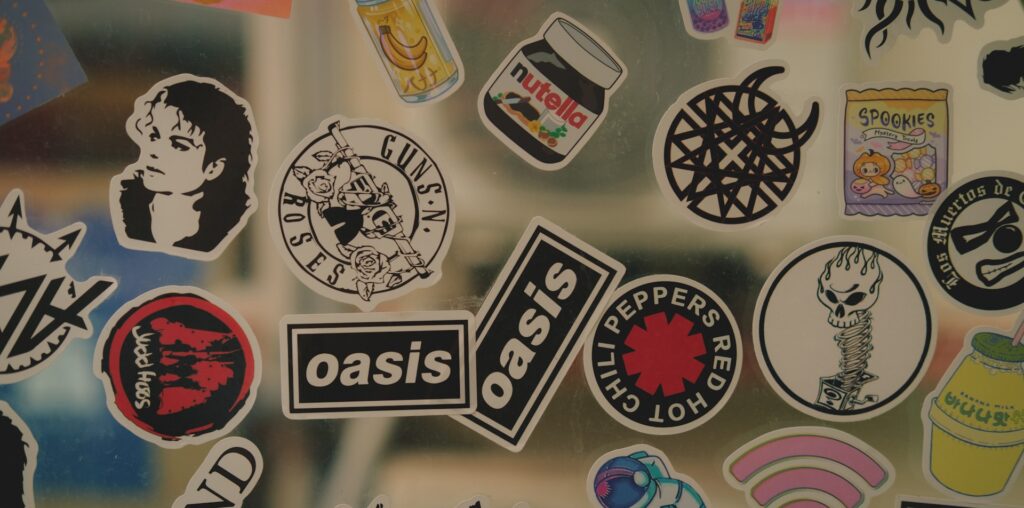
Those tiny plastic or waxy labels on fruit may seem harmless, but they don’t dissolve in water and can easily get lodged in drain traps or water filters. Once in wastewater systems, they may jam machinery or add to the growing problem of microplastic pollution. Even garbage disposals can’t break them down. Always remove produce stickers and throw them in the trash, not the sink, to avoid unexpected plumbing or environmental issues.
7. Bleach or Harsh Cleaners
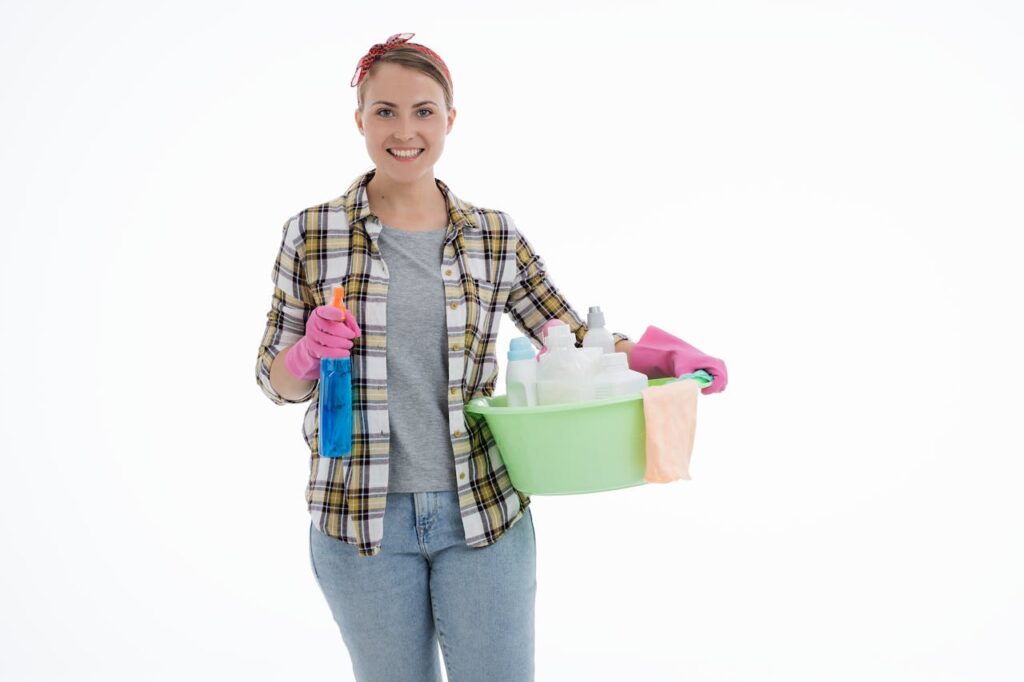
While bleach and chemical drain cleaners may temporarily remove clogs or odors, they also corrode your pipes over time. In homes with septic systems, these chemicals can kill essential bacteria needed to break down waste. When they enter municipal water systems, they can damage treatment equipment and harm aquatic life. Always use these substances sparingly, and consider switching to eco-friendly alternatives for regular cleaning to protect both your pipes and the planet.
8. Eggshells
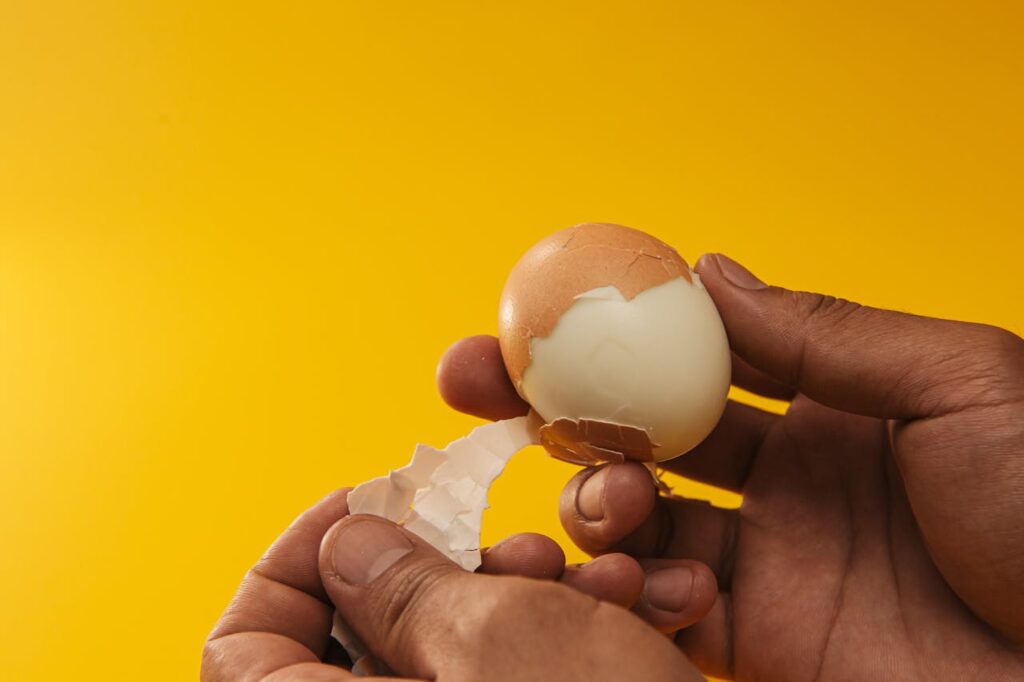
Eggshells might seem compostable, but when you crush them and rinse them down the sink, they create more problems than they solve. The gritty texture can bind with grease or soap residue in your pipes, forming stubborn clogs. And if you have a garbage disposal, the shells can dull blades or jam the motor. Instead, throw eggshells in your compost pile or the trash, they’ll break down naturally there without harming your plumbing.
9. Dairy Products
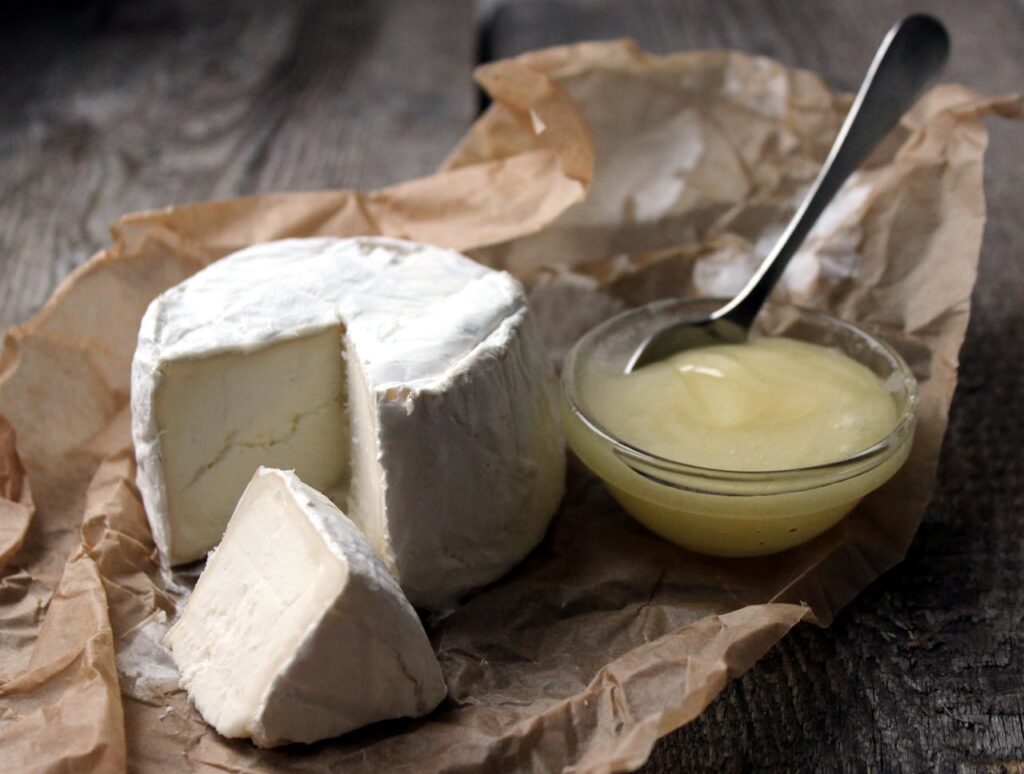
You may not think twice about pouring expired milk or melted ice cream down the drain, but dairy waste is surprisingly harmful. When it breaks down in water systems, it encourages bacterial growth that depletes oxygen levels, threatening fish and aquatic plants. In large quantities, dairy waste is regulated as an environmental pollutant. While a splash may not hurt, avoid dumping full containers. Compost it if possible, or dispose of it in the trash.
10. Hair and Dental Floss

Hair is one of the top culprits behind clogged bathroom drains, and when combined with dental floss, it becomes even worse. Both materials tangle easily and don’t break down, creating long, rope-like clumps that block pipes and resist plunging. If you’ve ever pulled out a slimy hair monster from your drain, you know the struggle. Prevent future problems by tossing loose hair and floss in the trash, not down the sink or toilet.
